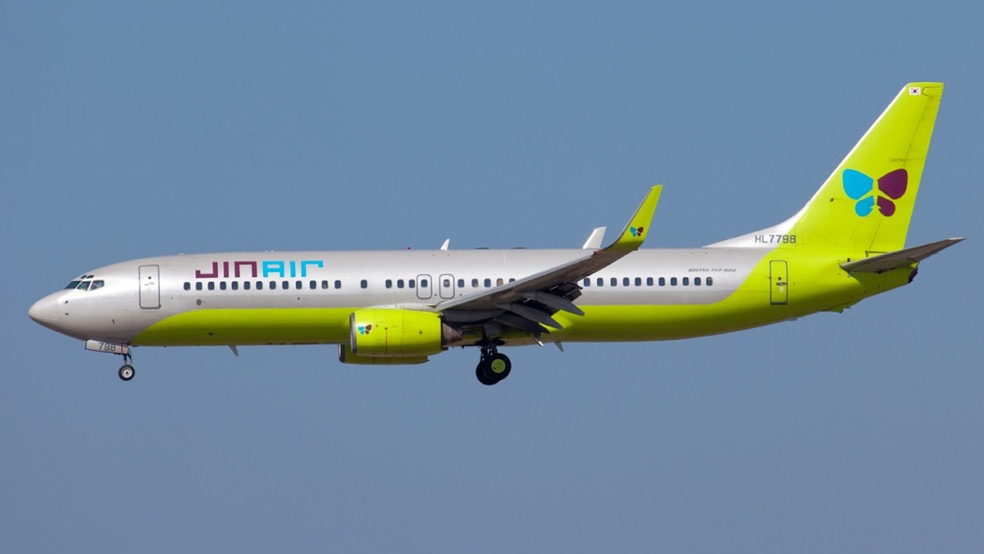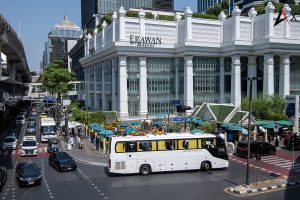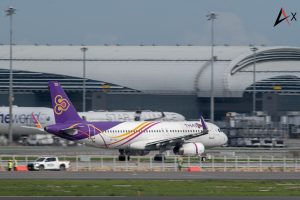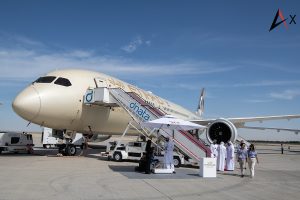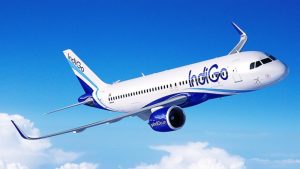Korean Air (KE, Seoul Incheon) has confirmed that the three low-cost carrier brands it will fully or partially own as a result of its planned merger with Asiana Airlines (OZ, Seoul Incheon) will all operate under the Jin Air (LJ, Jeju) name.
A spokesperson for Korean Air told Reuters, “Jin Air, along with Asiana’s Air Busan and Air Seoul, will be unified under a single Jin Air brand.”
This consolidation of multiple low-cost carrier brands has been under consideration for several years and is expected to culminate in a “mega LCC” following the merger.
Korean Air first proposed this move in late 2020 and anticipates finalizing its acquisition of a 63.9% stake in Asiana, valued at KRW 1.8 trillion (USD 1.28 billion), later this month. After receiving final approval from the European Commission last week, the airlines are now awaiting clearance from US antitrust authorities, which is expected shortly. Reports indicate that Korean has received verbal confirmation from the US Department of Justice stating it will not oppose the merger.
This merger will significantly reshape South Korea’s aviation market, leading to the dissolution of the Asiana, Air Busan, and Air Seoul brands. With the merger, Korean Air will become the world’s tenth-largest scheduled passenger operator, while Jin Air will emerge as South Korea’s largest low-cost carrier.
Currently, t’way Air (TW, Daegu) holds the title of South Korea’s largest low-cost carrier, commanding a 10.98% market share in weekly seat capacity, followed closely by Jin Air with a 10.32% share. However, when Air Busan’s 7.49% and Air Seoul’s 1.75% are added to Jin Air’s share, the newly expanded Jin Air would dominate with a 19.56% market share, surpassing t’way Air as well as other significant local low-cost operators like Jeju Air (10.07%) and Eastar Jet (4.62%).
